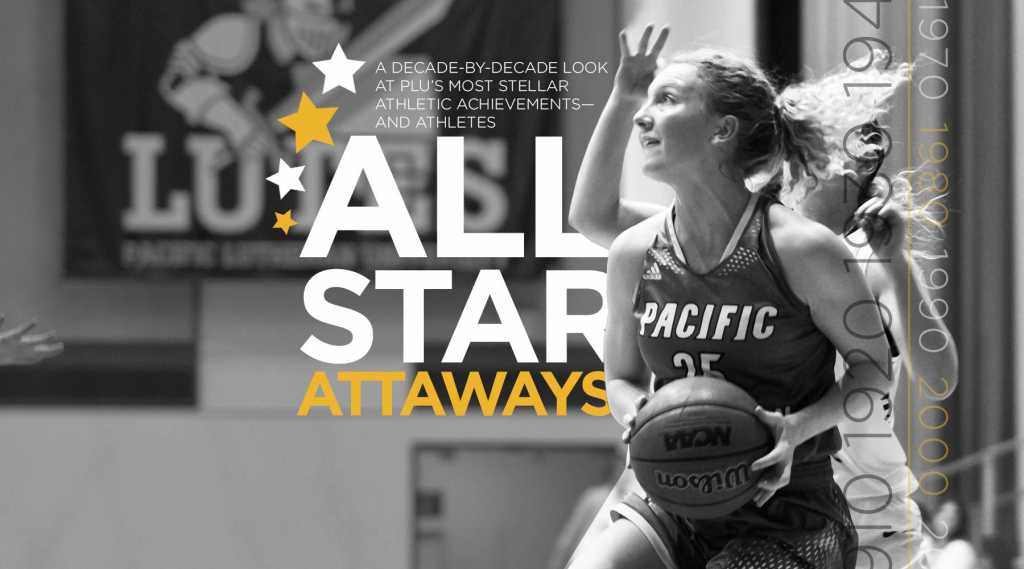Page 78 • (1,417 results in 0.024 seconds)
-
research, evaluating sources, integrating source materials into their own writing, and attribution of sources through the use of a style guide. Below are suggestions for sequencing assignments: Use readings to help generate ideas, as models, and as resources for the vocabulary and tools of the larger conversation; you might sequence readings to move from expressive and personal pieces to analysis essays to argumentative and synthesizing articles. Sequence assignments to build on rhetorical strategies
-
renowned DOE national laboratory scientist and other faculty and students. Some of the exciting research areas include: AI for chemistry and materials Science, computer science, and math for quantum computing Acceleration and predictions for climate change Ice sheet modeling Deep phylogeny Gravitationally Lensed Supernovae Multiphysics modeling and simulation Distributed performance analysis and optimization Hardware architectures and accelerators Cybersecurity for high performance computing Machine
-

championships. (Photo: PLU Archives) Chuck Curtis drives to the basket during a game in the 1958-59 season. +Enlarge Photo (Photo: PLU Archives) Clifford Olson coached both the baseball and men's basketball teams in the '30s and '40s. +Enlarge Photo (Photo: PLU Archives) A member of the 1949 men's track and field team competes in the high jump. +Enlarge Photo (Photo: PLU Archives) A member of the 1941 women's archery team. +Enlarge Photo (Photo: PLU Archives) A member of the 1947 men's basketball team
-
University of Washington Molecular Engineering Materials Center (UW MEM-C) Summer 2024 REU program Posted by: alemanem / February 7, 2024 February 7, 2024 Students will be embedded in one of the UW MEM-C labs for 9 weeks. They will work with a graduate student and faculty member to develop a research project, gain training in relevant techniques and instrumentation, collect data and finally produce a poster and research abstract. Students participate in a weekly seminar on undergraduate
-
, and evaluation of laboratory data. This position will support staff with projects and programs for surface water sediments, wastewater, soils, and other matrices. Qualifications Enrollment in a college-level science course work designed to result in a Bachelor’s or Master’s degree in Chemistry OR related science with at least a minor in Chemistry. Applications due May 15th. Get all the details here. Read Previous The Priscilla Carney Jones Scholarship Read Next ACS Diversity, Inclusion, Equity
-
research topics, methods, materials, and procedures norms and best practices for research in your discipline aspects of the project requiring special care and planning (e.g., work with certain populations, collection of sensitive or protected data, use of deception, ethical concerns, etc.) HPRB proposal submission on-going HPRB responsibilities as a researcher
-
. Explore Institutional EffectivenessThe Office of Institutional Effectiveness supports the University’s efforts toward mission fulfillment through the coordination and management of strategic planning and progress; institutional accreditation and improvement; and data integration and institutional research. 40% Students of Color 45% First Generation Students 20% First-Time Undergraduate 50% Commuter Students 30% Undergraduates Receive Financial Aid or Scholarships 320Staff 350Faculty 100Tenure/Tenure
-
Merged Information Services Organization (MISO) SurveysPacific Lutheran University Information & Technology Services has participated in six Merged Information Services Organization (MISO) Surveys. The MISO Survey is a web-based quantitative survey designed to measure how faculty, students, and staff view library and computing services in higher education. I&TS uses MISO Survey results to assess the quality of services we provide and drive continuous improvement.What kinds of data does MISO
-
. The program currently offers internship opportunities in the National Weather Service, (NWS), Office of Oceanic and Atmospheric Research (OAR), National Environmental Satellite Data and Information Service (NESDIS), National Marine Fisheries Service (NMFS), National Ocean Service (NOS), and Office of Marine and Aviation Operations (OMAO), allowing them to target the skills needed to fulfill their specific mission needs. Applications will be accepted from Oct. 1 to Jan. 3 and proposed student
-
Course Descriptions KINS 500 : Research Methods and Application in Kinesiology The course will introduce basic concepts in research methods and experimental design relevant to the area of Kinesiology. The course is designed to create a better understanding of the principles, concepts, terminology, and instruments used in measurement and analysis in the various sub-domains of Kinesiology. The course will focus on the scientific method, addressing both quantitative and qualitative research
Do you have any feedback for us? If so, feel free to use our Feedback Form.


